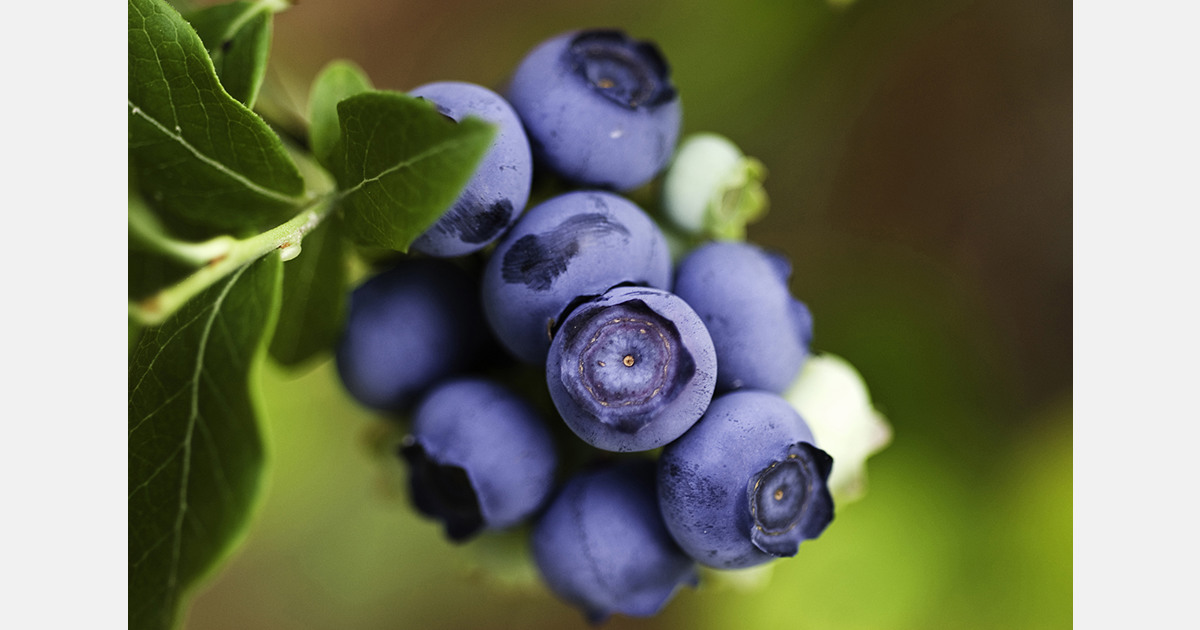
At a large blueberry farm in Franklin County, Washington state, rows of bushes stretch to the horizon. “This variety here is Draper,” stated Ray Biln, whose family owns this expansive farm. Washington is a leader in U.S. blueberry production. However, much of its fruit travels through Canada for packing, processing, and storage before reaching American consumers. The Trump administration’s tariffs pose a challenge to the blueberry industry across the U.S.-Canada border.
Biln’s farm employs around 800 workers for harvest. “Our decisions do impact other people,” Biln remarked, emphasizing the importance of strategic decision-making amid tariff uncertainties. Biln’s family operates additional large farms in both the U.S. and Canada, highlighting the cross-border interdependence of the blueberry industry. Most of Biln’s Washington blueberries are processed in British Columbia and return to the U.S. labeled as domestic produce. This process subjects the fruit to potential tariffs twice—entering and exiting Canada—complicating Biln’s future plans. “You know, we have projects on pause now on both sides of the border,” Biln noted.
Approximately 40 million pounds of Washington blueberries are shipped to Canada annually for processing. During peak ripening in summer, timely sales of fresh or frozen berries are crucial. Tariffs could disrupt access to processing and cold storage, leading to oversupply. Paul Sangha, a berry grower in northern Washington, anticipates logistical challenges. “How do we, in such a short window, handle that?” Sangha asked, contemplating an August with surplus berries and limited distribution options.
Alyssa Houtby, a director at the North American Blueberry Council, seeks tariff resolutions in countries like Vietnam, Japan, Malaysia, and Taiwan, which import substantial quantities of U.S. blueberries. “We want to see the tariffs in Vietnam addressed, in Japan, Malaysia, and Taiwan,” Houtby said. A favorable outcome from the Trump Administration could benefit segments of the domestic blueberry industry.
Source: Marketplace
Source: The Plantations International Agroforestry Group of Companies
